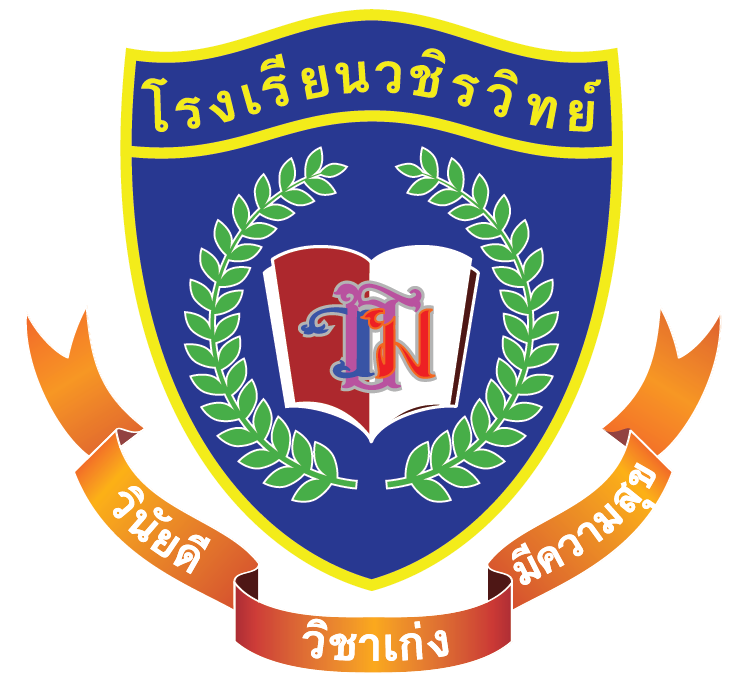
清迈华威学校小学课程体系
清迈华威学校小学课程体系
小学部教学方法
小学部实施的课程以《基础教育核心课程标准》(2008年颁布,2017年修订版)为依据,旨在支持并发展每一位学生的潜能。课程涵盖八大学习领域,并融合科学技能与思维技能,着重培养学生的分析能力、差异化学习能力、创造力以及逻辑性问题解决能力。
学生通过主动学习的方式获得必要的知识与核心能力。本课程进一步融入中文和英文语言教学,并由母语教师授课,以有效提升学生的语言运用能力。
此外,课程还包括艺术、音乐及多项体育项目的教学,如游泳和跆拳道,并配合多元的补充活动,以培养学生的社会技能。在教学与学习过程中,系统融入道德伦理、本土智慧,以及立足泰国文化、面向国际视野的核心价值观。
学校设有三种不同的学术课程体系,以满足学生多样化的学习需求与发展目标。
ESPC+ : English Special Program Plus
《泰国基础教育核心课程》(2008年)及《学习标准与指标》(2017年修订版)
小学一年级至六年级|2024学年
- 在核心课程之外,额外增加五节英语课时
- 一节用英语授课的数学课
- 一节用英语授课的科学课
- 一节用英语授课的社会研究课
- 额外两节英语天赋/拓展活动课
- 额外一节中文课
- 两节中文智力活动课
ECSP : English Chines Special Program
《泰国基础教育核心课程》(2008年)及《学习标准与指标》(2017年修订版)

清迈华威学校中学课程体系
清迈华威学校课程体系
本课程以《基础教育核心课程》(佛历2551年,佛历2560年修订版)为依据,旨在根据学生的潜能促进其全面发展,涵盖八大学习领域。课程融合科学技能与思维技能,并引入强调将知识应用于解决现实问题的STEM教育。本课程帮助学生培养分析能力、创造力及逻辑性问题解决能力,同时掌握课程所规定的必要知识与技能。
课程中还包括数学、科学、中文、英语交流及生活与社会技能等科目。此外,还组织多种课外活动以培养学生的社交能力,并在活动中融入道德伦理、本土智慧以及立足泰国文化、面向全球视野的核心价值观。
The teaching and learning management of the Secondary Department is divided into two levels as follows:
初中教育:7-9年级ESPC+课程
《泰国基础教育核心课程》(2008年)及《学习标准与指标》(2017年修订版)
- 三节英语课
- 英语交流课程 1
- 英语读写课程 1
- 英语社会研究课程 1
- 中文课程
- 中文智力开发活动 2节
- 英语智力开发活动 2节
在高中阶段(10–12年级),提供10个学习方案:
- 理科–数学课程
- 文科–数学课程
- 文科–中文课程
- 文科–日语课程
- 文科–法语课程
- 文科–英语课程
- 文科–计算机课程
- 文科–音乐课程
- 文科–体育课程
- 文科–烹饪课程
Science Track Classrooms for Grades 10–12
- 英语课程
- 基础英语 1
- 英语会话 3
- 英语阅读与批判性思维 2
- 中文课程
- 中文语言技能 1
- 拓展活动
- 数学拓展活动
- 英语拓展活动
- 泰语与社会研究拓展活动
- 科学拓展活动
高中4–6年级文科班
- 英语课程
- 基础英语 2
- 英语会话 4
- 英语阅读与批判性思维 2
- 中文课
- 中文语言技能 1
- 拓展活动
- 数学拓展活动
- 英语拓展活动
- 法语拓展活动
- 日语拓展活动
- 中文拓展活动
- 泰语与社会研究拓展活动
- 音乐拓展活动
- 体育拓展活动
- 艺术烹饪拓展活动
*** 专业技能发展活动:每周4节(选修课程)
清迈华威学校旨在根据基础教育核心课程培养学生达到学习质量标准。实现这些学习标准将帮助学生发展以下五项核心能力:
- 沟通能力:指运用语言表达思想、知识、理解、感受及个人观点的能力,以便交换有助于个人与社会发展的信息和经验。同时包括通过协商解决和减少冲突的能力,基于理性和准确性选择接受或拒绝信息,并在考虑对个人及社会影响的前提下选择有效的沟通方式。
- 思维能力:指分析、综合、创造性、批判性及系统性思考的能力。这些能力有助于生成知识或信息,以便就个人及社会事务做出适当决策。
- 解决问题能力:指理解社会事件的关系与变化,寻求知识,并基于理性、道德和信息将其应用于预防和正确解决问题的能力。同时包括在考虑对个人、社会及环境影响的前提下做出有效决策的能力。
- 生活能力:指在日常生活中运用各种流程、持续自我学习、工作和和谐生活于社会的能力,通过良好的人际关系管理问题和冲突,适应社会及环境变化,避免对自己和他人产生负面影响的不良行为。
- 技术能力:指选择和运用各种技术及技术流程,在学习、沟通、工作以及创造性、准确、适当和符合伦理的解决问题中促进个人和社会发展的能力。
